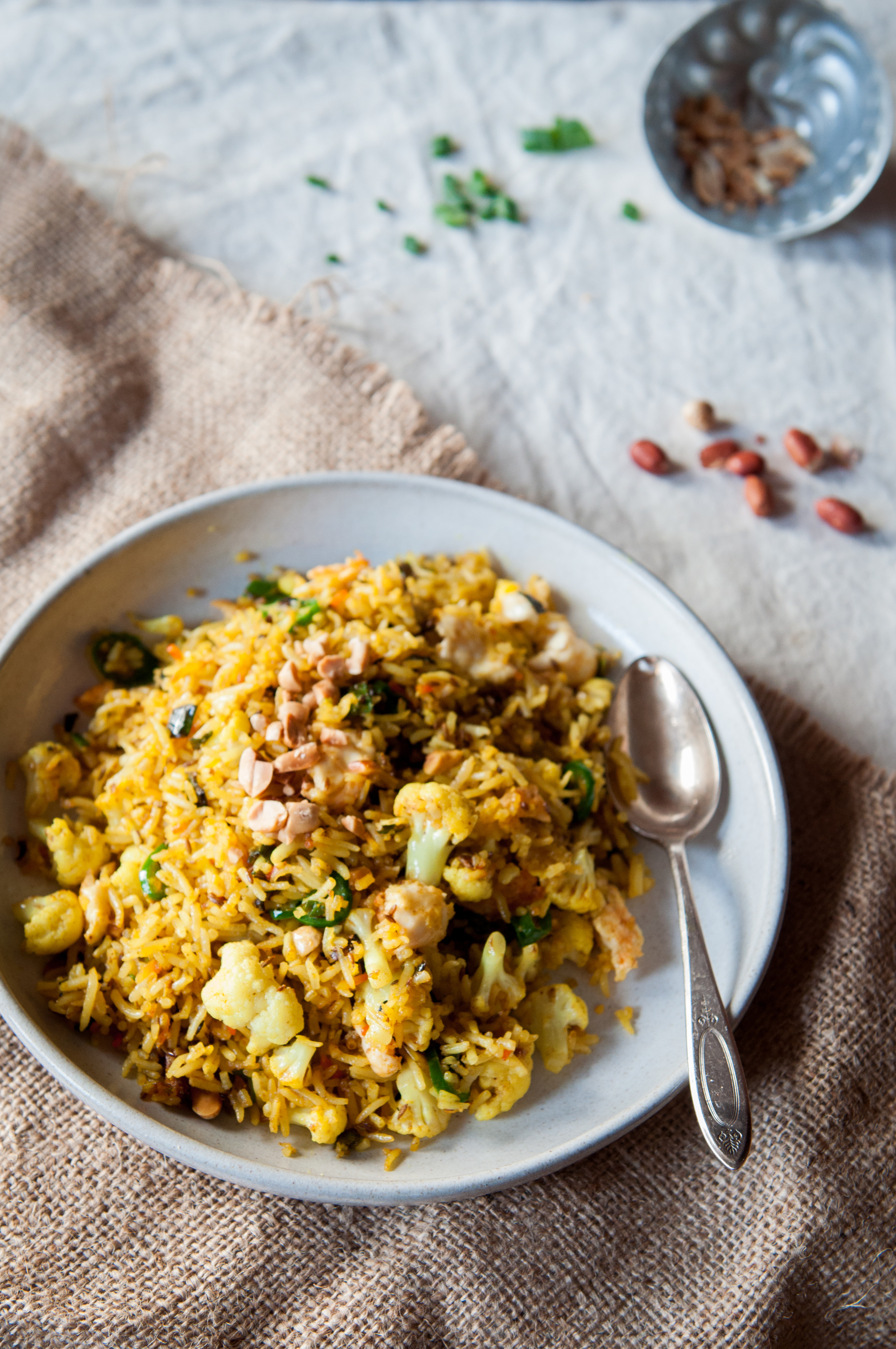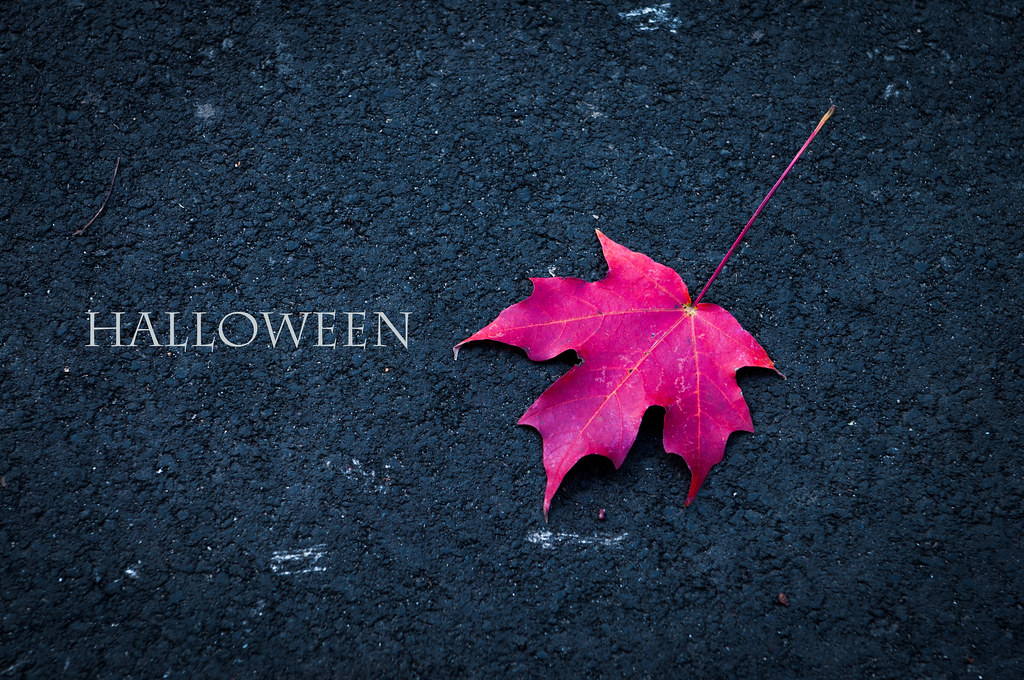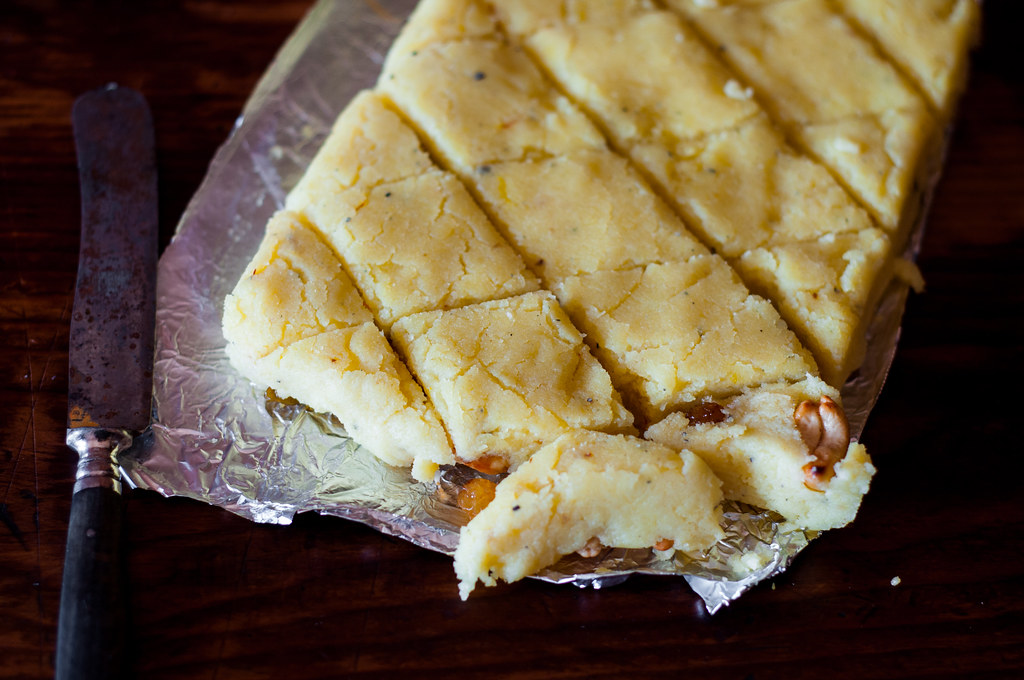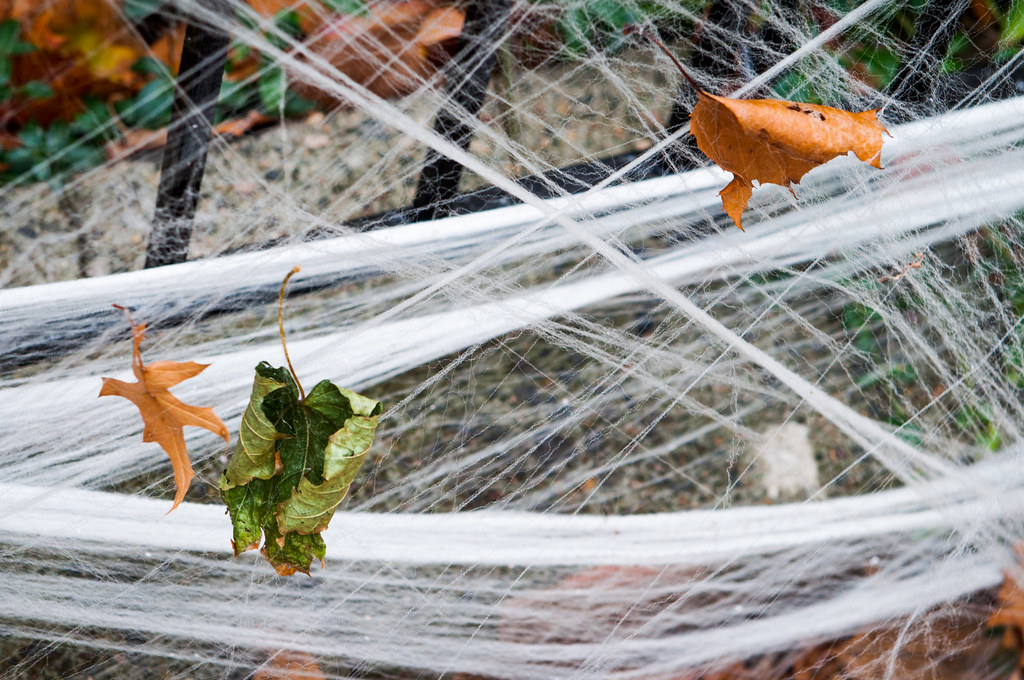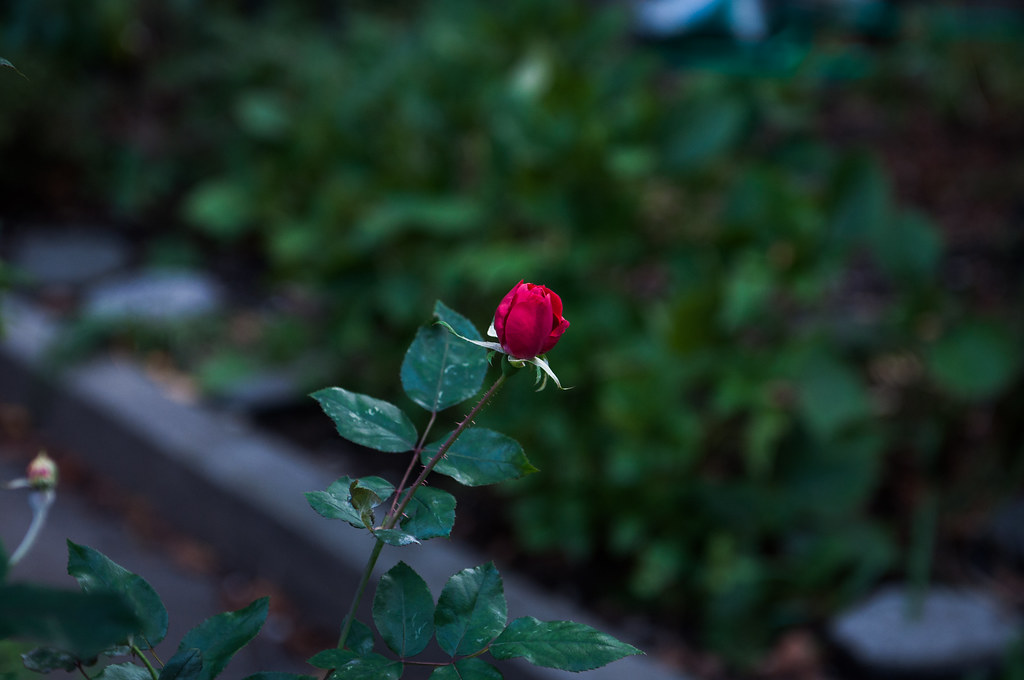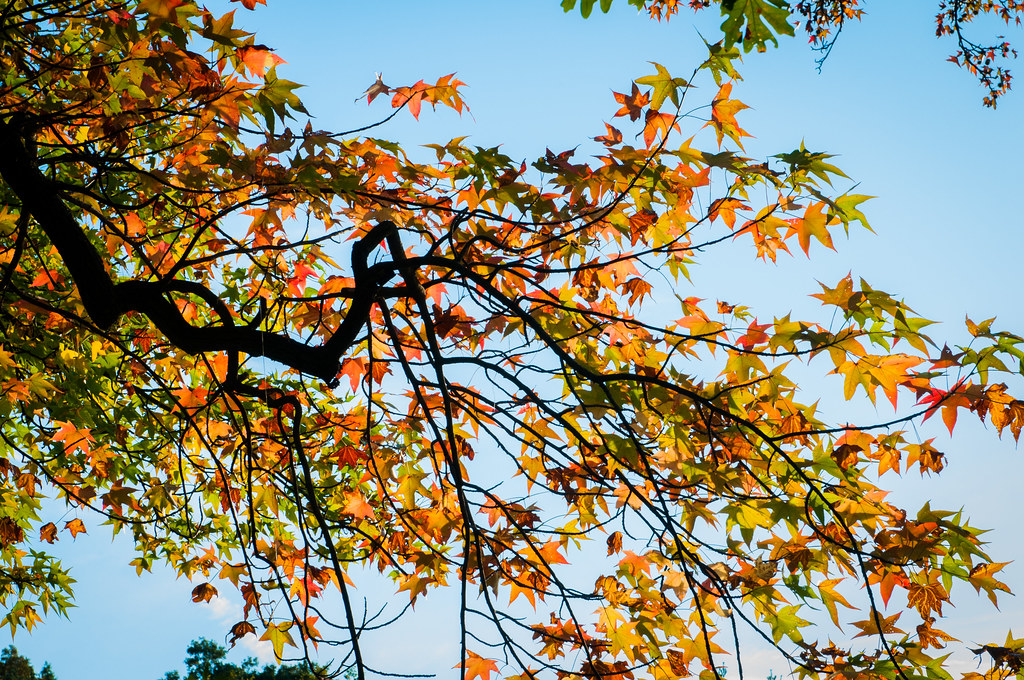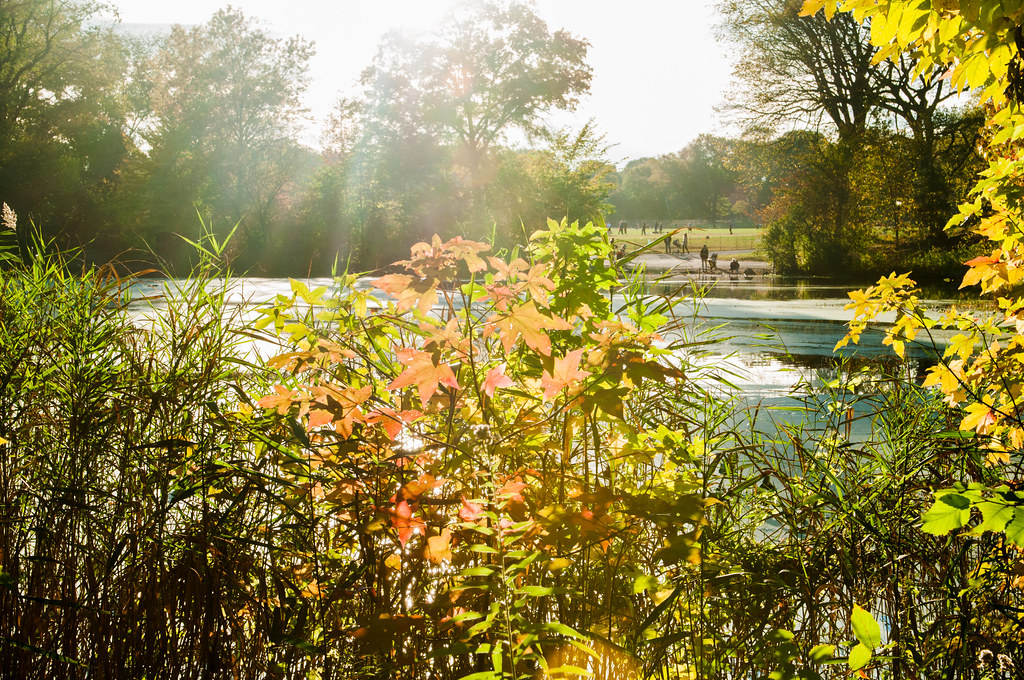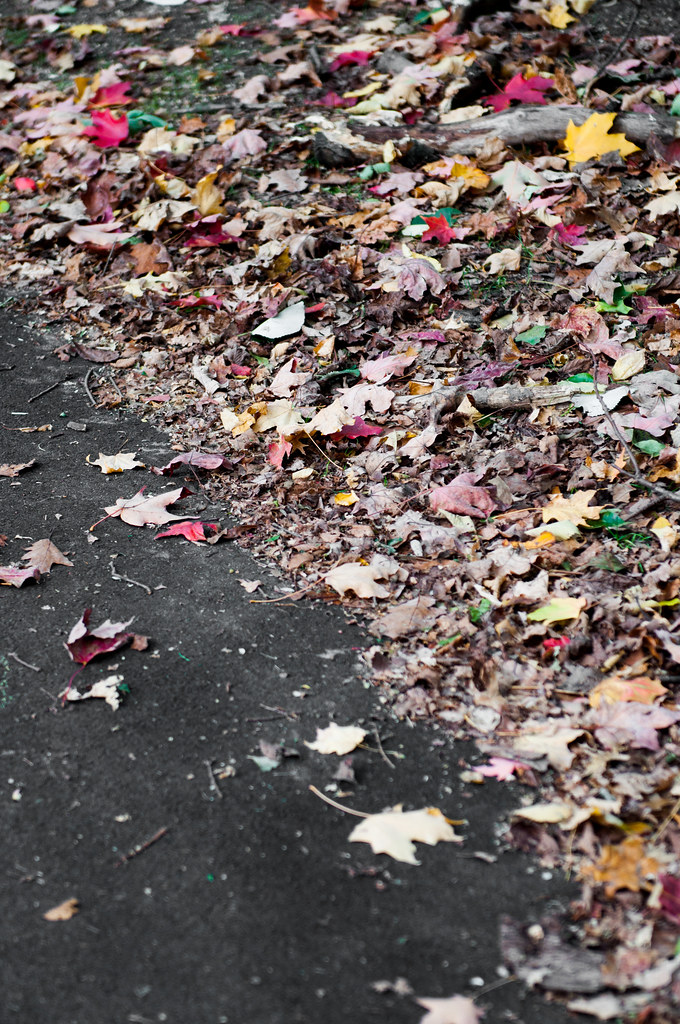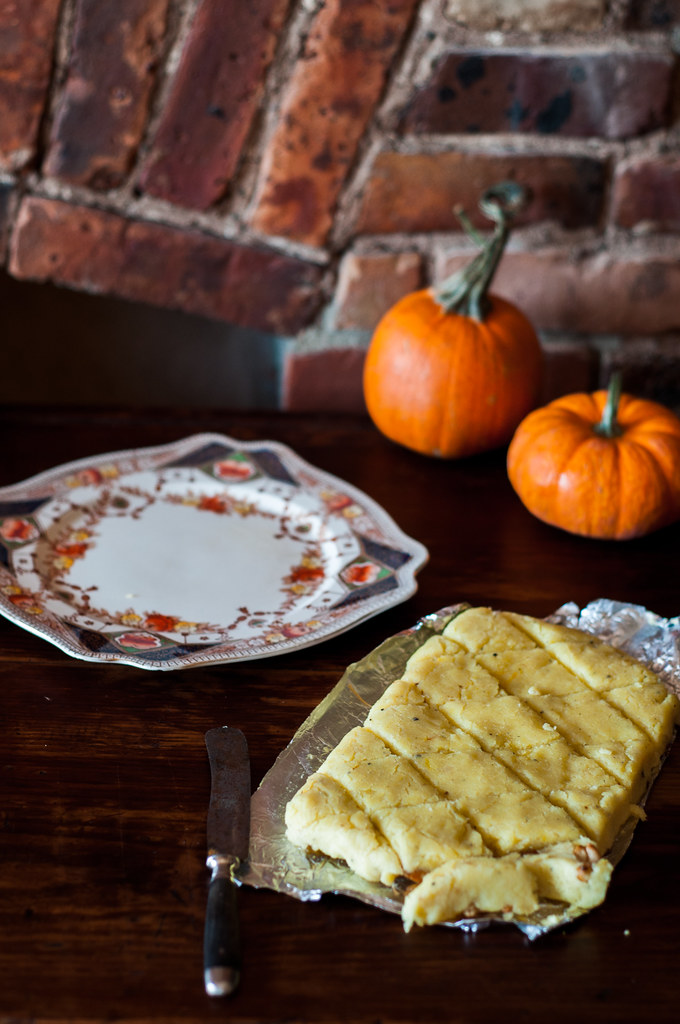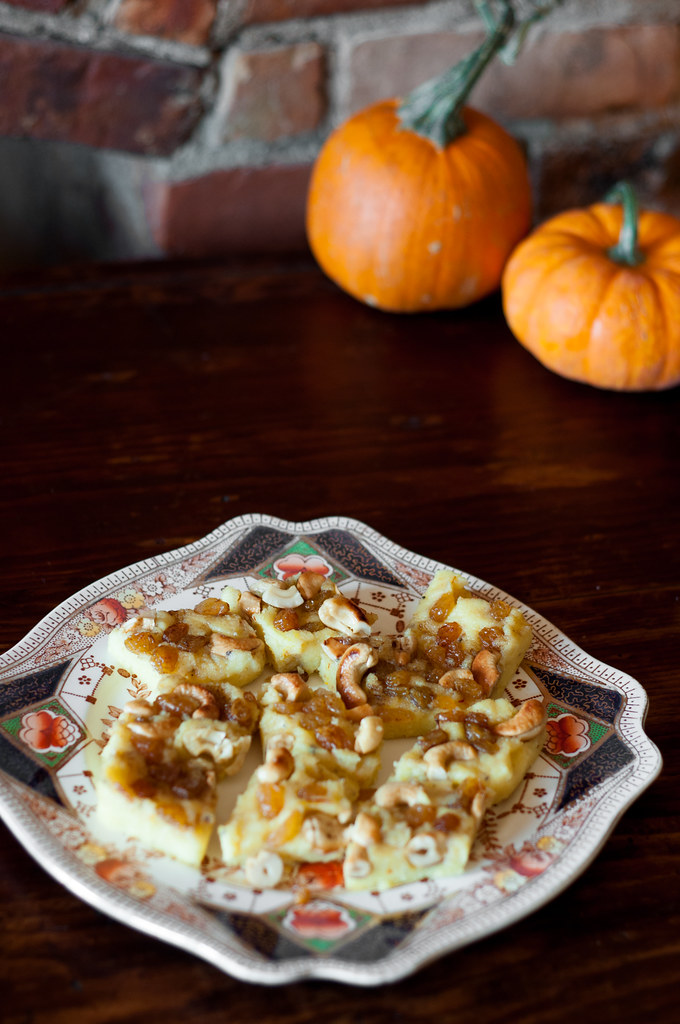Pongal is a harvest festival celebrated in Tamil Nadu and dedicated to the Sun God. Intrinsically pagan, it is a four day festival that marks the celebration of everything related to agriculture. The day celebrating the harvest itself is celebrated throughout the country but the other days are unique to the Tamils. The word ‘pongal’ means boiling over and many of the offerings of this festival involve just that - from milk to new rice.
We typically make sweet and savory offerings to our Gods and on this day, it is typically two different rice dishes, akin to sweet and savory puddings/porridge - chakkarai pongal (jaggery-rice pudding) and ven pongal (white pongal or rice-lentil porridge. The savory version, I love!
Read More



